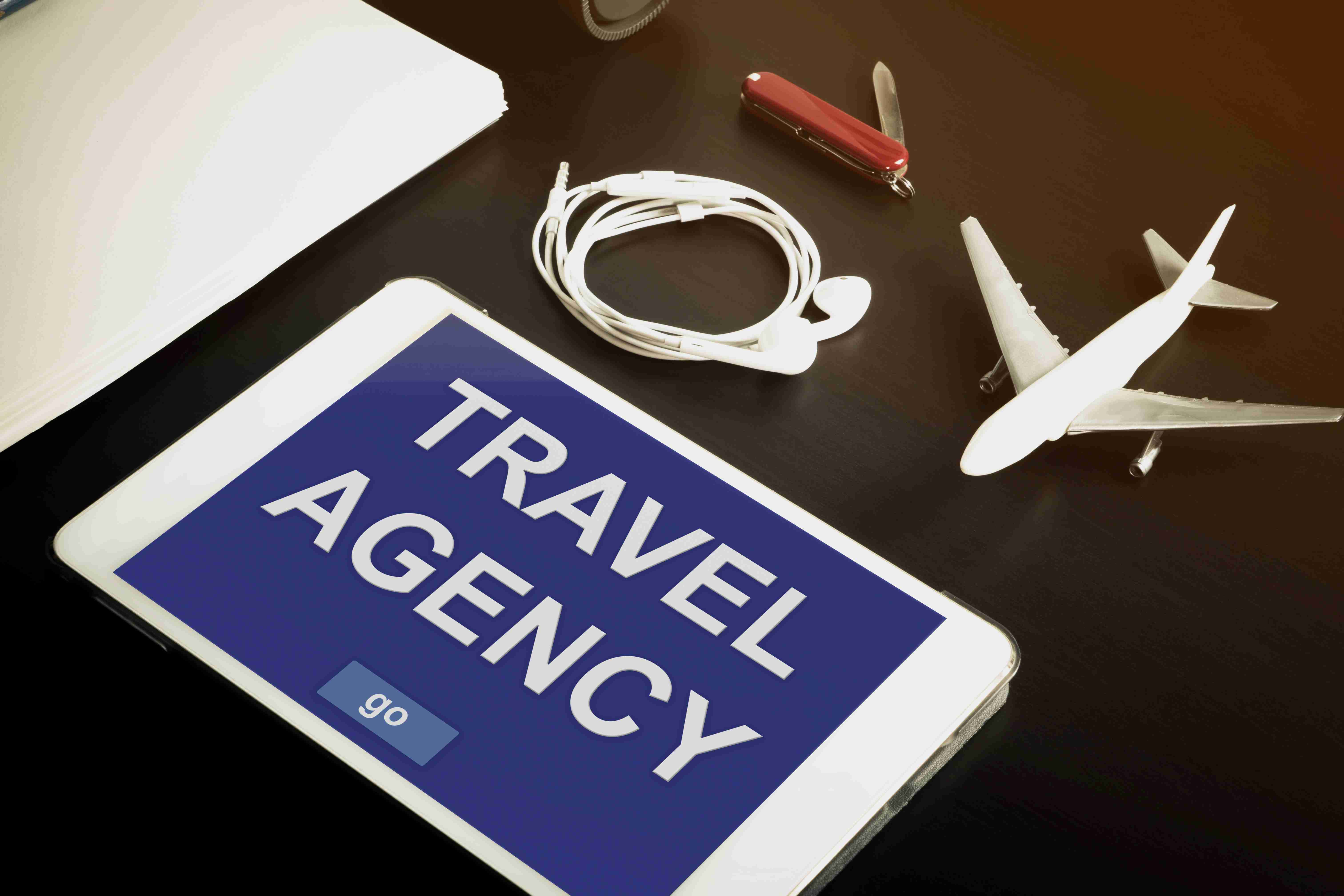Table of Contents
- Introduction
- Why SEO Matters for Travel Agencies
- Actionable SEO Tips for Travel Agencies
- Latest SEO Trends for Travel Agencies
- Conclusion
- About Don Hesh SEO
Introduction
In today’s digital age, the majority of travelers begin their journey online. Whether they’re looking for vacation packages, hotel bookings, or unique travel experiences, potential customers are using search engines to find the best options available. For travel agencies, having a robust online presence is essential to attract and convert these customers. This is where Search Engine Optimization (SEO) plays a critical role.
SEO for travel agencies is about making sure your website is visible when potential travelers are searching for the services you offer. By optimizing your website, you can increase traffic, boost bookings, and ultimately grow your business. In this article, we’ll explore why SEO is vital for travel agencies, provide actionable tips to enhance your SEO efforts, and discuss the latest trends in SEO that you should be aware of.
Why SEO Matters for Travel Agencies
The travel industry is highly competitive, with numerous agencies vying for the attention of online customers. SEO helps your travel agency stand out by improving your website’s visibility on search engine results pages (SERPs). Here’s why SEO is crucial for travel agencies:
- Increased Visibility: Higher search engine rankings mean more potential customers will see your business, which can lead to increased website traffic.
- Cost-Effective Marketing: Compared to traditional advertising, SEO is a cost-effective way to reach customers actively looking for travel services.
- Enhanced Credibility: Websites that rank high on SERPs are often perceived as more trustworthy, which can lead to higher conversion rates.
- Targeted Traffic: SEO allows you to attract visitors who are specifically looking for the services you offer, resulting in more qualified leads.
Actionable SEO Tips for Travel Agencies
1. Optimize Your Website for Local SEO
Local SEO is essential for travel agencies, especially those offering services in specific regions or cities. To optimize for local SEO:
- Claim and Optimize Your Google My Business (GMB) Listing: Ensure your GMB profile is complete with accurate information, including your agency’s name, address, phone number, and business hours. Add high-quality images and encourage customers to leave reviews.
- Use Local Keywords: Incorporate location-specific keywords into your website content, such as “travel agency in [City]” or “best tours in [Region].”
- Create Location-Based Landing Pages: If your agency operates in multiple locations, create separate landing pages for each, optimized with local keywords.
2. Focus on Niche and Long-Tail Keywords
Niche and long-tail keywords are more specific and less competitive than broad keywords, making them easier to rank for. For example, instead of targeting “travel agency,” you could target “luxury travel agency for honeymoon destinations” or “adventure travel packages in [Country].”
- Conduct Keyword Research: Use tools like Google Keyword Planner, Ahrefs, or SEMrush to find niche and long-tail keywords relevant to your services.
- Integrate Keywords Naturally: Use these keywords in your website content, blog posts, meta descriptions, and headers to improve your chances of ranking.
3. Create Compelling, Travel-Focused Content
Content is king when it comes to SEO. For travel agencies, creating engaging content that resonates with your audience is key to attracting and retaining visitors.
- Blog About Travel Trends and Tips: Write articles on trending travel destinations, travel tips, or how to plan a perfect trip. This type of content can attract a wide audience and establish your agency as an authority in the industry.
- Create Destination Guides: Offer comprehensive guides on popular destinations, including things to do, places to stay, and travel itineraries.
- Use High-Quality Images and Videos: Visual content is crucial in the travel industry. Use stunning images and videos to showcase destinations and experiences.
4. Improve Your Website’s User Experience
A well-optimized website that offers a seamless user experience (UX) can significantly improve your SEO rankings. Google considers UX factors such as page load speed, mobile responsiveness, and easy navigation when ranking websites.
- Ensure Mobile Friendliness: Since many travelers use mobile devices to search for travel options, make sure your website is mobile-friendly.
- Improve Page Load Speed: A fast-loading website improves user experience and reduces bounce rates. Optimize images, leverage browser caching, and minimize code to speed up your website.
- Simplify Navigation: Make it easy for users to find the information they need with clear, intuitive navigation and organized content.
5. Leverage Online Directories and Review Platforms
Online directories and review platforms play a significant role in local SEO. Ensure your travel agency is listed in relevant directories, and that your information is consistent across all platforms.
- Submit Your Agency to Travel Directories: List your agency in popular travel directories like TripAdvisor, Yelp, and Expedia.
- Encourage Customer Reviews: Positive reviews can enhance your online reputation and improve your local SEO rankings. Encourage satisfied customers to leave reviews on Google, TripAdvisor, or other relevant platforms.
6. Build a Strong Backlink Profile
Backlinks from reputable websites signal to search engines that your website is trustworthy and authoritative, which can boost your rankings.
- Partner with Travel Bloggers: Collaborate with travel bloggers and influencers to create content that includes backlinks to your website.
- Get Listed in Travel-Related Publications: Aim to get featured in travel magazines, blogs, and online publications, which can provide valuable backlinks.
- Create Shareable Content: Develop high-quality, shareable content that other websites will want to link to, such as infographics, travel guides, and unique blog posts.
Latest SEO Trends for Travel Agencies
1. Mobile-First Indexing
With the majority of travel-related searches happening on mobile devices, Google has prioritized mobile-first indexing. This means that Google primarily uses the mobile version of your site for ranking and indexing.
- Ensure Mobile Optimization: Use responsive design to make sure your website looks great and functions well on mobile devices. Regularly test your site’s mobile performance using Google’s Mobile-Friendly Test tool.
2. Voice Search Optimization
Voice search is increasingly popular, with many travelers using voice-activated devices to search for travel information. Optimizing for voice search can help your travel agency capture this growing segment of search traffic.
- Optimize for Conversational Queries: Focus on long-tail keywords and natural language queries that people are likely to use when speaking, such as “What are the best travel agencies near me?”
- Provide Clear, Concise Answers: Ensure your content provides direct answers to common questions, which can help your site appear in featured snippets.
3. Visual and Video SEO
Visual content, including images and videos, is particularly impactful in the travel industry. Optimizing visual content for search engines can boost your site’s visibility.
- Optimize Image Alt Text: Use descriptive alt text for images, including relevant keywords, to improve image SEO.
- Create and Optimize Video Content: Videos showcasing destinations, customer testimonials, or travel tips can engage users and improve SEO. Use relevant keywords in video titles, descriptions, and tags.
4. Enhanced User Experience (UX) and Core Web Vitals
Google’s Core Web Vitals are metrics that assess the user experience on your website, including loading performance, interactivity, and visual stability. A positive user experience can lead to higher rankings.
- Focus on Core Web Vitals: Ensure your website meets Google’s Core Web Vitals standards by improving page load speed, interactivity, and visual stability.
- Enhance UX Across Devices: Provide a consistent, high-quality user experience on both desktop and mobile devices.
5. Structured Data and Schema Markup
Structured data helps search engines understand the content on your website, leading to improved rankings and the possibility of appearing in rich snippets.
- Implement Schema Markup: Use schema markup to highlight key information about your travel agency, such as services offered, reviews, and business hours.
- Enhance SERP Visibility: Properly implemented schema markup can help your website stand out on SERPs, increasing click-through rates and traffic.
Conclusion
SEO is an essential strategy for travel agencies looking to boost online visibility and increase bookings. By implementing these actionable tips and staying up-to-date with the latest SEO trends, your travel agency can improve its search engine rankings, attract more qualified traffic, and ultimately grow your business. From optimizing for local search and creating engaging content to leveraging mobile-first indexing and voice search, there are numerous opportunities to enhance your SEO efforts.
About Don Hesh SEO
Don Hesh SEO is a leading SEO consultant and Google Ads consultant dedicated to helping businesses enhance their online presence and drive organic traffic. Our expertise in AI-driven SEO strategies ensures that your business stays ahead of the competition. Partner with SEO Sydney to leverage the latest AI technologies and achieve your SEO goals efficiently and effectively.



